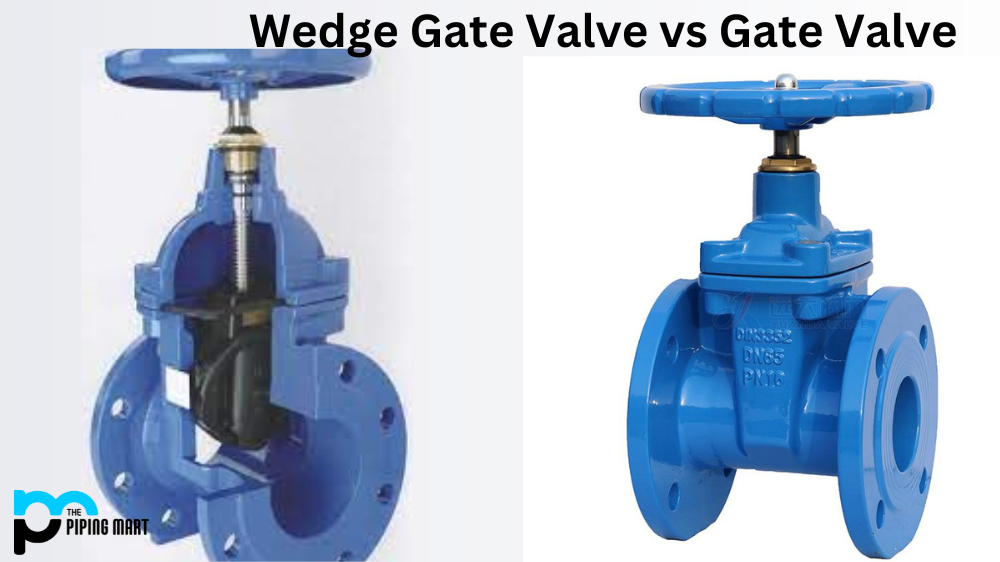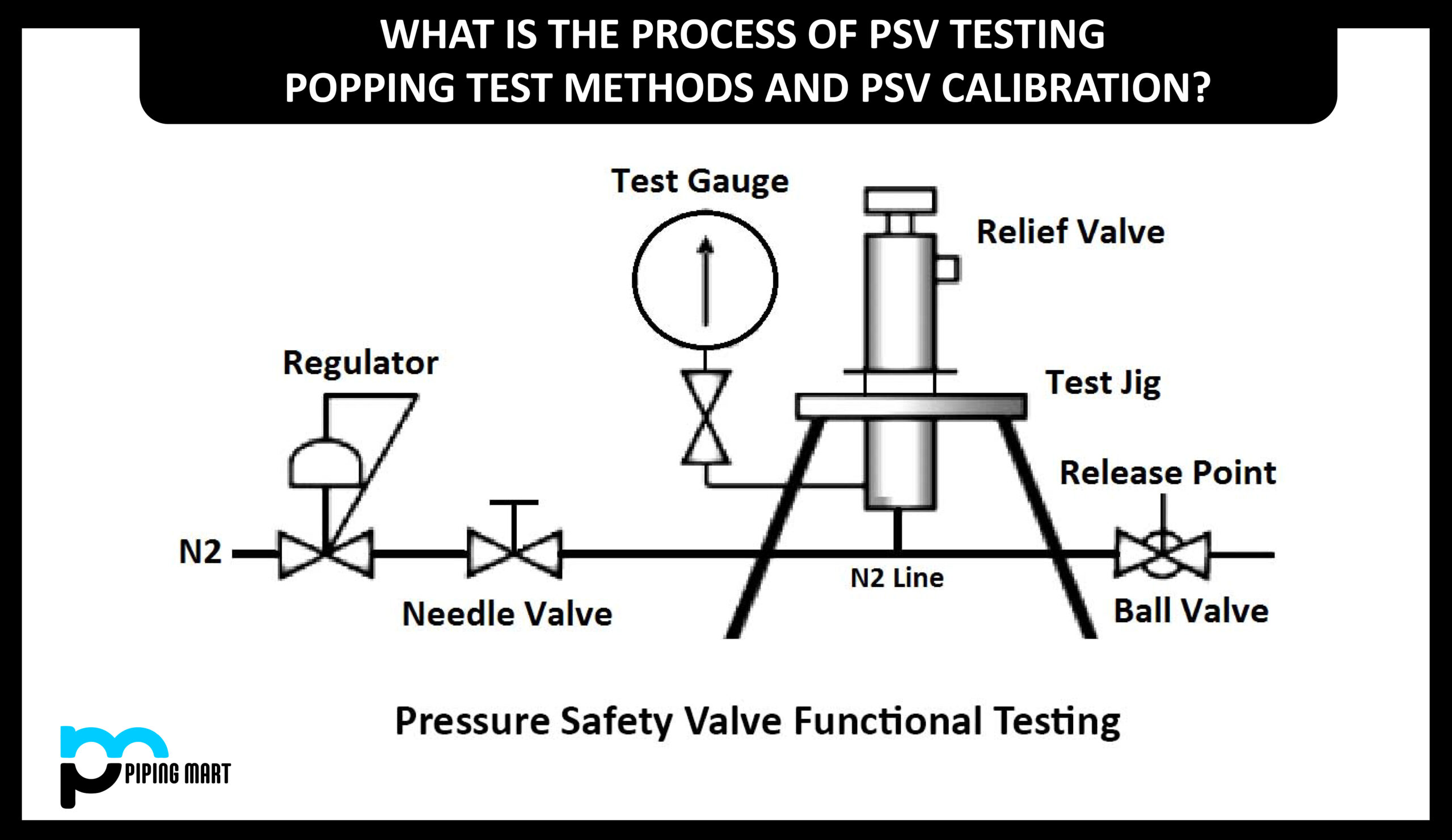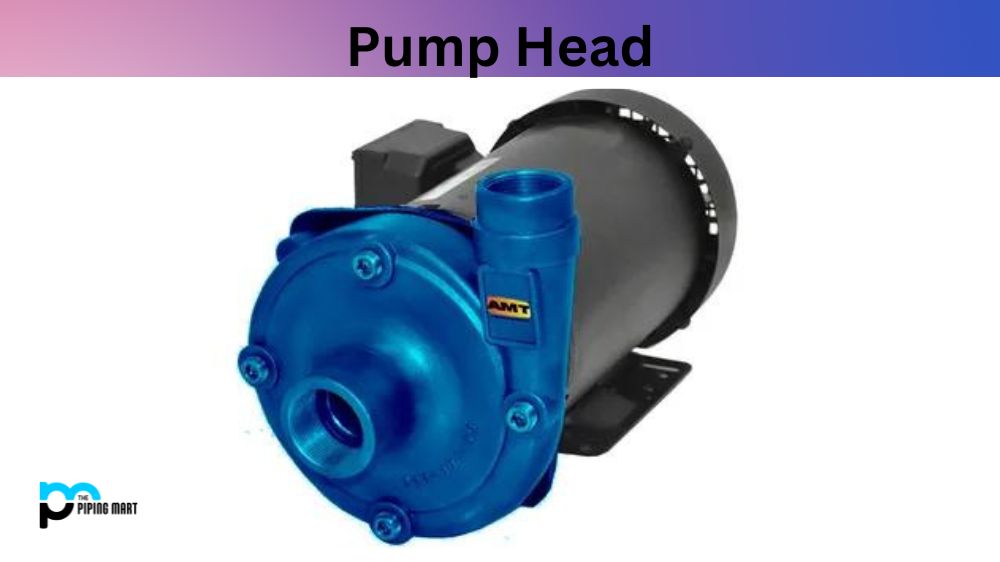If you’ve ever needed clarification about the difference between a wedge gate valve and a gate valve, don’t worry – you’re not alone. Although they may look similar, these two valves serve very different purposes. In this blog post, we’ll break down the key differences between wedge gate valves and gate valves so that you can make an informed decision about which is right for your needs.
Wedge Gate Valve
Wedge and gate valves are designed to control the flow of liquids and gases. Both valves achieve this by opening or closing a passageway through which the fluid can flow. However, the two types of valves differ in how they achieve this.
Gate Valve
Gate valves use a disk-shaped element called a gate to open and close the passageway. The disk is connected to a stem, which is turned to open or close the gate. When the stem is turned so that the disk is perpendicular to the passageway, the gate is opened, and fluid can flow through. When the stem is turned, the disk is parallel to the passageway, the gate is closed, and fluid flow is blocked.
On the other hand, Wedge gate valves use a wedge-shaped element to open and close the passageway. The wedge is connected to a stem, which is turned to open or close the valve. When the stem is turned, the wedge is perpendicular to the passageway, the valve is opened, and fluid can flow through. When the stem is turned, the wedge is parallel to the passageway, the valve is closed, and fluid flow is blocked.
Difference between Wedge Gate Valve and Gate Valve
Now that we’ve covered the basics of how wedge gate valves and gate valves work let’s take a more in-depth look at some of their key differences:
- Wedge gate valves are designed for use with fluids with low viscosity (such as water), while gate valves are designed for use with fluids with a high density (such as oil).
- Wedge gate valves have a tighter seal than gate valves because their wedges create a seal that completely blocks off fluid flow when closed. Gate valves, on the other hand, rely on a disk to block off fluid flow when closed. The fact that disks don’t fit as snugly into place as wedges means that there’s always a small amount of leakage around them – no matter how tightly they’re shut.
- Wedge gate valves are more expensive than gate valves because they’re made from higher quality materials and require more precise manufacturing tolerances.
Conclusion:
So, there you have it! Now you know all about wedge gate valves vs gate valve – their similarities, their differences, and how to choose between them. We hope you found this blog post helpful. If you have any further questions about wedge gates or anything related to industrial equipment, our team at ABC Company would be more than happy to help you out. Give us a call today!

Pipingmart is a B2B portal that specializes in metal, industrial and piping items. Additionally, we share the latest information and information about materials, products and various types of grades to assist businesses that are involved in this business.




